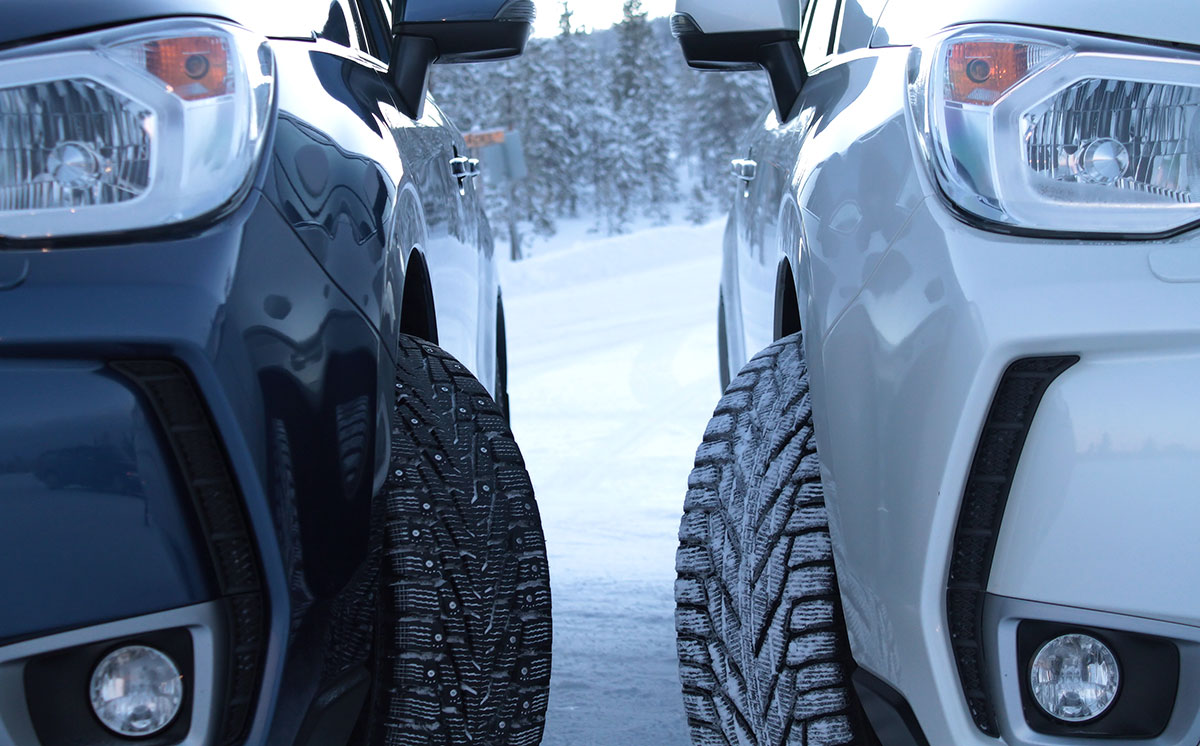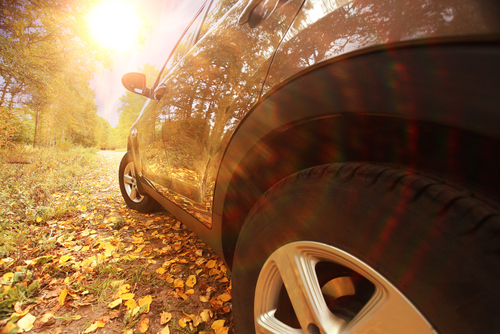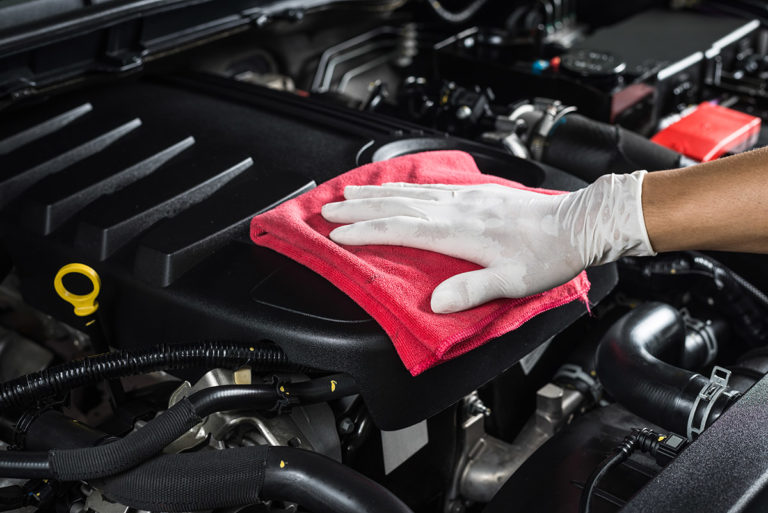Winter Tire Care Tips
Winter is one of the hardest seasons on a car, and winters here in Salt Lake City can be especially rough on vehicles. Snow, sleet, frost, and freezing temperatures can all work together to damage your car’s exterior, especially in vulnerable areas like the rubber of your tires. Although parking in a garage or under covered parking can go a long way in reducing the cold-weather damages, there will be times when you have no choice but to venture outdoors.
By taking these steps to take care of your tires during winter, you can extend the life of your vehicle and ensure you and your whole family are safe on the road.
- Keep Your Tires in Good Repair: Car tires aren’t meant to last forever. Over time, the rubber tread will wear down, causing less control and more slippage on the road. While you can get away with a worn-out tread in summer, it becomes very dangerous in winter, when the smallest bit of ice can cause you to run off the road.
- Change to Winter Tires: Snow tires, siped tires (tires with an extra slash cut into the tread), all-season tires, and even studded tires are all choices in cold weather. If you live somewhere with heavy snowfall or lots of ice on the road, it’s important to change your tires out as soon as the weather starts to change. This will give you an extra grip on the road and help you get out of large snowdrifts. In many canyons along the Wasatch Front, winter chains are required.
- Double-Check the Tire Pressure: Cold weather will cause the pressure in your tires to drop lower than normal (hot weather, on the other hand, will increase the pressure). The general rule of thumb is that for every ten degrees the temperature goes down, you lose one pound of pressure per square inch. Check with your car manual to discover what the ideal pressure is, and make sure you reach that level with as much accuracy as possible. As temperatures fluctuate, you may need to add or release air.
- Get Off the Ground: If your car sits for long periods in the winter (because it’s not a cold-weather-friendly vehicle or because you don’t go out as much during these months), try to avoid having your tires be in direct contact with the ground. Over time, the tires can freeze against the ground and deteriorate, which may require you to purchase new tires once the seasons change.
- Clean Your Tires Regularly: Winter tires have deeper treads and more crevices, which is great for safety, but also leads to a lot of caked-on dirt, debris, and winter muck. It’s also likely that the deeper tread will kick more of that debris up into the tire wells and undercarriage. Regular car washes that pay extra attention to the areas where the car touches the road will go a long way in keeping everything running smoothly.
Winter safety is the most important thing, so take a little extra time to care for your tires. You’ll enjoy a smoother, safer ride and reduce the impact of the cold weather on your vehicle at the same time.




